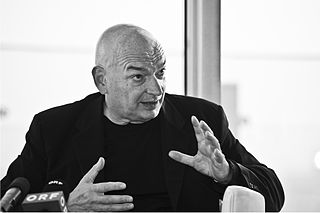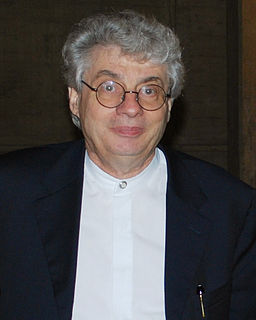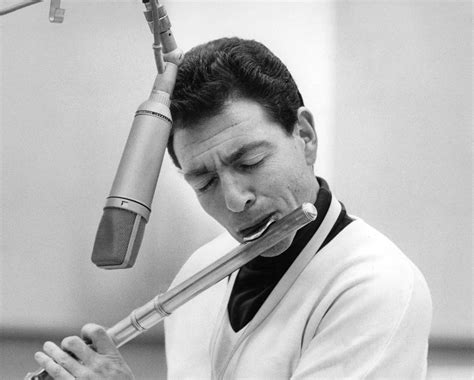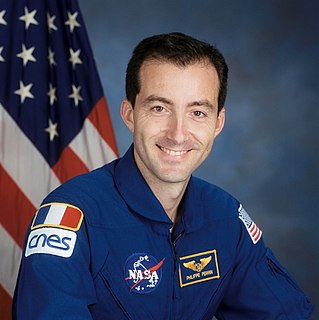A Quote by Robert Wilson
The first thing you must know as an actor or director is the space you will inhabit. See the architecture; imagine where things can happen in space.
Related Quotes
When an actor plays a scene exactly the way a director orders, it isn't acting. It's following instructions. Anyone with the physical qualifications can do that. So the director's task is just that – to direct, to point the way. Then the actor takes over. And he must be allowed the space, the freedom to express himself in the role. Without that space, an actor is no more than an unthinking robot with a chest-full of push-buttons.
The first gesture of an architect is to draw a perimeter; in other words, to separate the microclimate from the macro space outside. This in itself is a sacred act. Architecture in itself conveys this idea of limiting space. It's a limit between the finite and the infinite. From this point of view, all architecture is sacred.
Architecture is inherently a totalitarian activity. One thing we hate about it is that when you design a space, you're probably designing people's behavior in that space. I don't know if we know how to change that, but our goal is to make spaces for people rather than people being subservient to spaces.
Healing happens between the notes. I had to allow the space and not be afraid, and to know that things happen in space. You have to let the space settle. If you let go, you transcend and experience the stillness, and that is the healing. One ingredient of health is rest. Activity comes from inactivity. The basis of sound is silence. Stillness is basic to health.






































